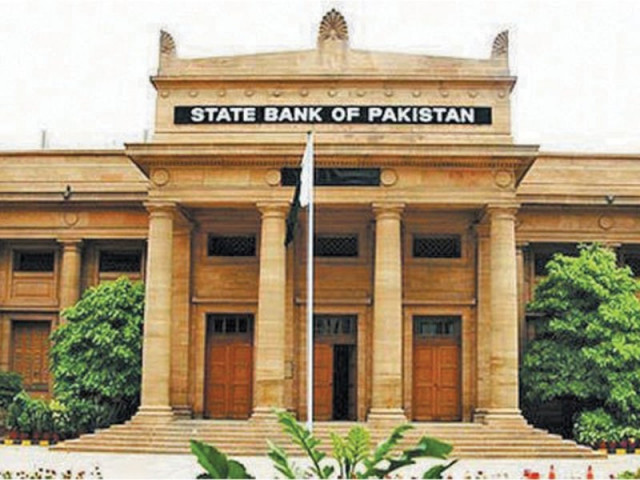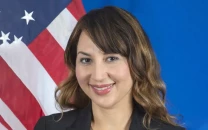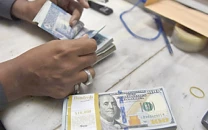Negative carry trade and sterilisation
SBP conducts sterilisation operation by selling govt securities to mop up excess liquidity in banking system

Financial globalisation has liberalised the financial/capital account of countries. This liberalisation has provided opportunities to financial/money manager capitalists to look for arbitrage across the world.
They borrow in a country where policy rate is low and invest in a country where policy rate is high provided the exchange rate remains stable. In the jargon, this is known as positive carry trade for the money manager capitalist.
Carry trade is a characteristic feature of financial globalisation where differentials in policy rates provide profitable opportunities to investors/money managers. For instance, policy rates in the US, Australia and Europe are 5.5%, 3.9% and 2.25% respectively while policy rate is at 11% in Pakistan.
The exchange rate has been stabilised so foreign money managers invested in Market Treasury Bills (MTBs) and equities in the last 18 months, showing a net positive capital inflow, as reported by the Special Convertible Rupee Account (SCRA). However, there is a net outflow of around $40 million in July 2025 as policy rate differentials have been curtailed.
Foreign money managers pour capital into a country where there is an interest rate differential along with stable exchange rate. The rupee-dollar parity has been hovering around 285 since January 2024, which has given confidence to these investors to park their capital in MTBs and equities.
The business press will appreciate this development and favour net capital inflows. A general view is that these inflows will bring valuable dollars to the country, which will bolster foreign exchange reserves. The reserves held by the State Bank of Pakistan (SBP) have been around $14.4 billion in July 2025. These reserves have been boosted through intervention of the SBP in the inter-bank market.
If the SBP buys dollars from the inter-bank market, it will increase rupee circulation in the banking system. Then it has to perform domestic sterilisation operation, where it will sell government securities to mop up excess liquidity in the banking system. This sterilisation will incur cost and reduce profitability of the SBP.
The costs associated with capital inflows are hardly discussed. These flows are temporary to the extent that certain institutional investors/money managers complete a transaction within a month. They invest and withdraw their funds as soon as possible to realise profits.
Such inflows are costly for developing countries and Pakistan is not an exception in this regard. The SBP will incur a loss as it will use the domestic policy rate to buy dollars while foreign institutional investors/money manager will gain by borrowing at a low policy rate and invest at a high policy rate in Pakistan.
The gain of foreign institutional investors will equalise the loss for the SBP. This loss will further reduce the SBP's profit, which is booked as non-tax revenue in the fiscal account. In the jargon, this will be called negative carry trade, which will reduce the profitability of the central bank.
Fiscal austerity, tight monetary policy, privatisation and liberalisation of the capital account fall under the aegis of macroeconomic stabilisation policies. These stabilisation policies generate interest rate differentials to attract short-term capital inflows. These capital inflows enhance domestic credit liquidity where the SBP has to perform sterilisation which will, in turn, increase fiscal deficit of the government.
In a nutshell, carry trade is a distinct feature of financial globalisation. The macroeconomic stabilisation policies create differentials in policy rates which, in turn, promote carry trade. Considering the costs associated with this carry trade, there is a need to learn from the earlier experience.
The accumulation of foreign exchange reserves either through the SBP's inter-bank intervention or capital inflows requires sterilisation, which will increase fiscal deficit in the coming years. Hence, macroeconomic stabilisation polices could be destabilising for the economy in the medium term.
The writer is an independent economist























COMMENTS
Comments are moderated and generally will be posted if they are on-topic and not abusive.
For more information, please see our Comments FAQ